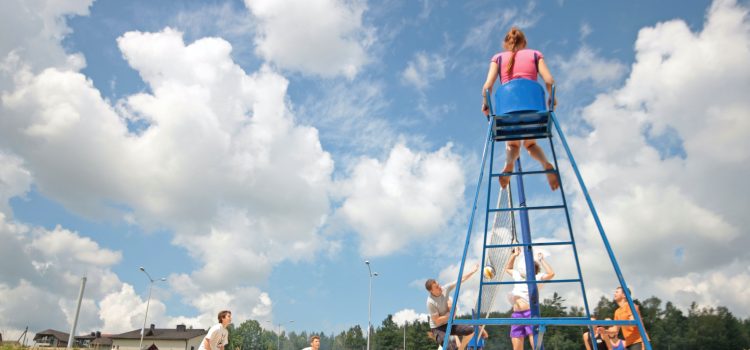
“Are you considering investing in real estate amidst the COVID-19 pandemic? While it might seem like a lucrative opportunity, there are certain challenges and risks that come with this decision. In this blog post, we’ll explore the potential pitfalls of real estate investment during these times and provide you with valuable insights to help mitigate those risks. So buckle up and join us on this informative journey!”
The current state of the real estate market
The COVID-19 pandemic has upended the real estate market in a number of ways. The most obvious effect has been on the housing market, with sales and prices both dropping sharply in the wake of the pandemic. However, the commercial real estate market has also been affected, as businesses have closed their doors or downsized in response to the economic downturn.
Investors in real estate have faced a number of challenges in recent months. Many have had to contend with tenants who are unable to pay rent, or properties that are empty due to businesses shutting down. In addition, financing has become more difficult to obtain, as lenders have tightened their standards in response to the increased risk in the market.
Despite these challenges, there are still opportunities for investors in the real estate market. Those who are able to weather the current storm and emerge on the other side will be well-positioned to take advantage of opportunities that arise from the recovery of the economy.
The challenges and risks of investing in real estate
The COVID-19 pandemic has forced many would-be real estate investors to reconsider their plans. The challenges and risks of investing in real estate have been magnified by the economic downturn, making it a more complicated and risky proposition than it was before the pandemic.
Here are some of the challenges and risks to consider before investing in real estate in the current climate:
1. The economy is still in turmoil. The stock market has recovered somewhat from its lows in March, but the overall economy is still facing significant headwinds. This means that there is still a lot of uncertainty when it comes to real estate values. It’s possible that prices could drop further, or that the market could rebound quickly, making it hard to predict what your investment will be worth in the short-term.
2. There’s less available financing. The tight lending environment that followed the housing crash is starting to ease up, but it’s still difficult to get a loan for an investment property. This can make it harder to find a good deal on a property, and you may need to come up with more cash upfront if you want to buy an investment property.
3. Rents could decline. With so many people out of work or working from home, there is potential for a decrease in demand for rental properties. This could lead to lower rents and vacancy rates, eating into your profits as an investor.
4. Properties
The potential for real estate investment in the wake of COVID-19
COVID-19 has caused many challenges and risks for real estate investors. However, there is still potential for investment in the wake of the pandemic. Here are some things to consider:
The COVID-19 pandemic has led to a decrease in demand for commercial and retail space. This could mean that prices for these types of properties will decrease, making them more affordable for investors.
There is also the potential for increased demand for rental properties as people may be hesitant to buy homes during such uncertain times. This could lead to higher rents and increased profits for investors.
However, it is important to consider the risks involved with investing in real estate during the pandemic. The economic downturn could lead to further decreases in demand and prices. There is also the risk of tenants not being able to pay rent if they lose their jobs or have other financial difficulties.
Investors must weigh the potential risks and rewards of investing in real estate during the COVID-19 pandemic before making any decisions.
Conclusion
The impact of COVID-19 on the real estate market is apparent, from rising unemployment to changing regulations. Despite these challenges and risks, real estate investment remains a viable option as long as investors are aware of the current situation and take steps to mitigate any potential losses. By researching the local housing markets, identifying reliable tenants and monitoring changes in regulation, investors can make informed decisions that will help ensure their investments remain profitable even during tumultuous times.










